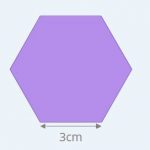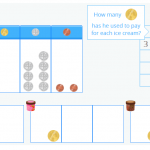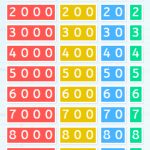Jul22
How to Calculate Perimeters: Part 1

Today we are going to learn to calculate perimeters of geometric figures. But first, let’s start with the definition of a perimeter. When we say perimeter we are referring to the length of the polygon’s outline. Here you can review the most common types of polygons. The length of a polygon’s outline can be calculated […]
Continue reading »











